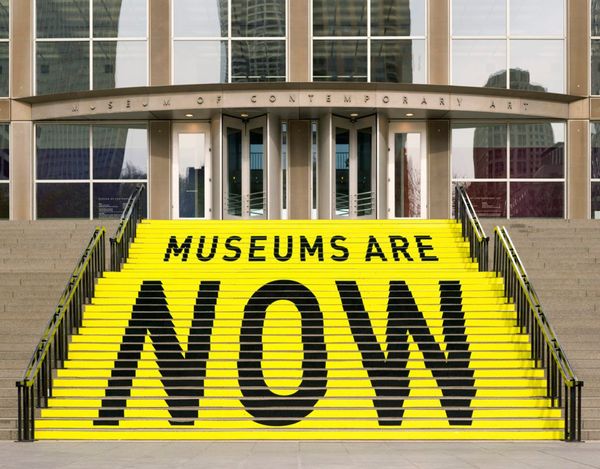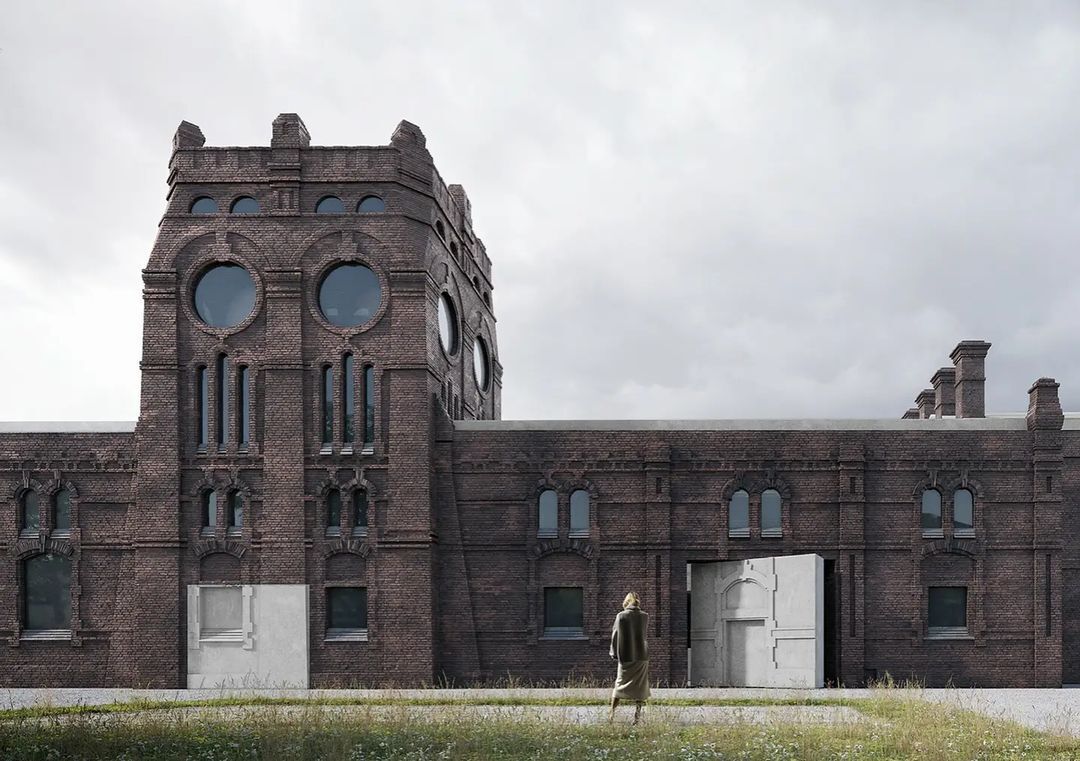The Polish-based architectural firm KWK Promes has won the tender for converting the Ostrava slaughterhouse. The dilapidated building will house the PLATO contemporary art gallery.
KWK Promes wants to mark the beginning of a new chapter in the history of the former slaughterhouse by incorporating new materials while maintaining the character of the original building. Contemporary sections would fill the degraded, open parts of the building, but instead of brick walls, they would use rotating concrete panels. This would make the enclosed space easy to open up and provide an exciting experimental space for exhibiting artists.
Initially, the space in front of the building was also intended to be concrete, but for sustainability reasons, this has been replaced in the plans with water-permeable surfaces and lots of greenery.
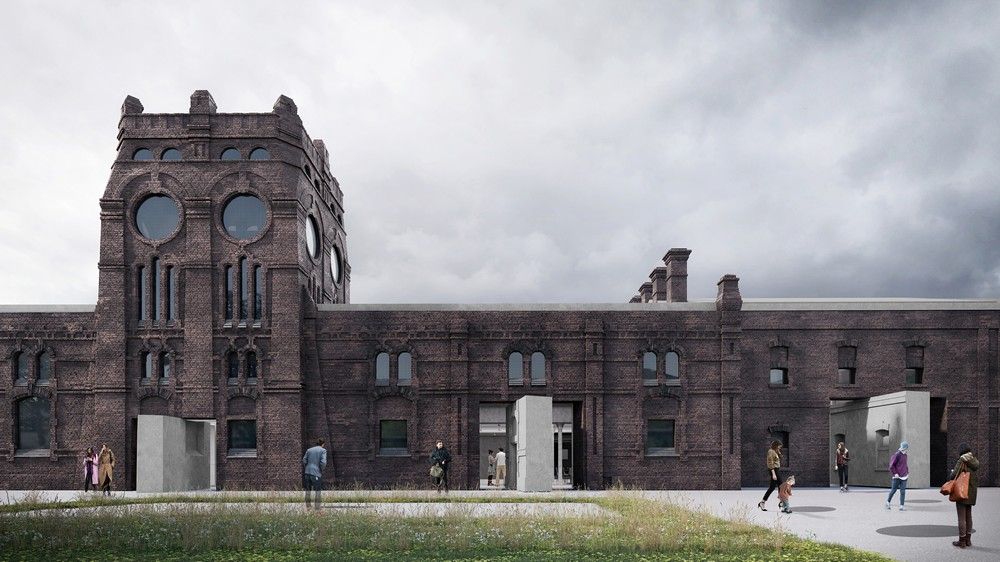
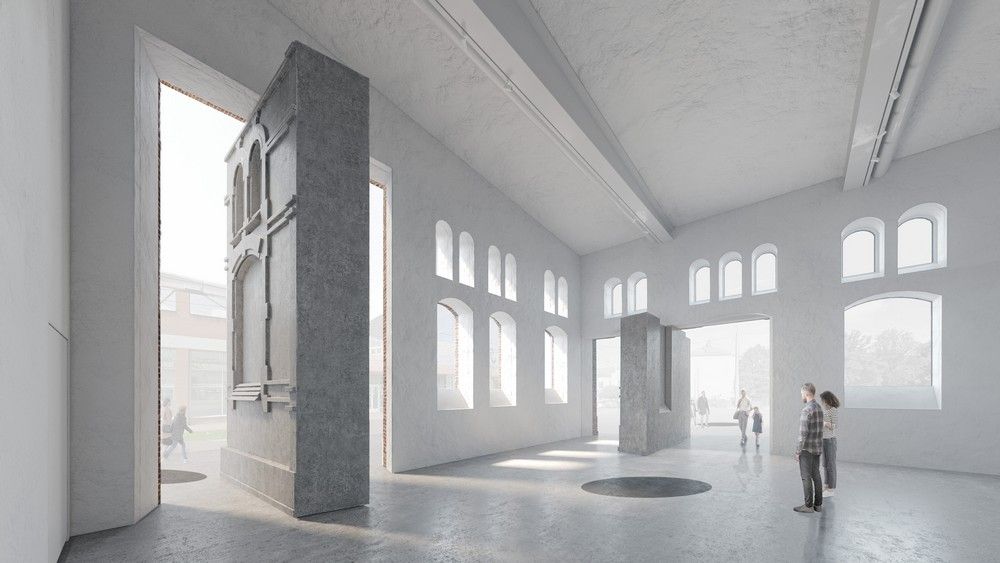
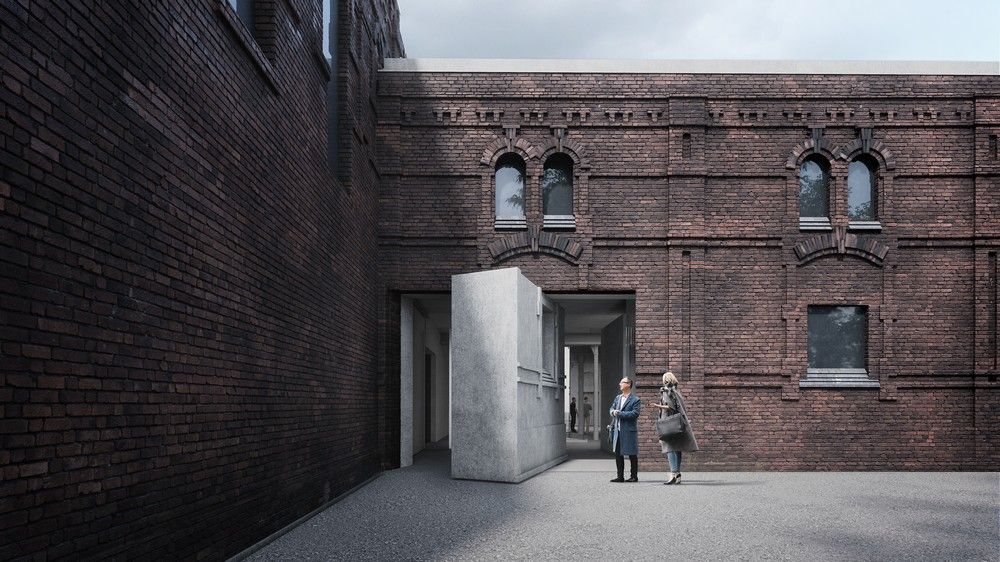
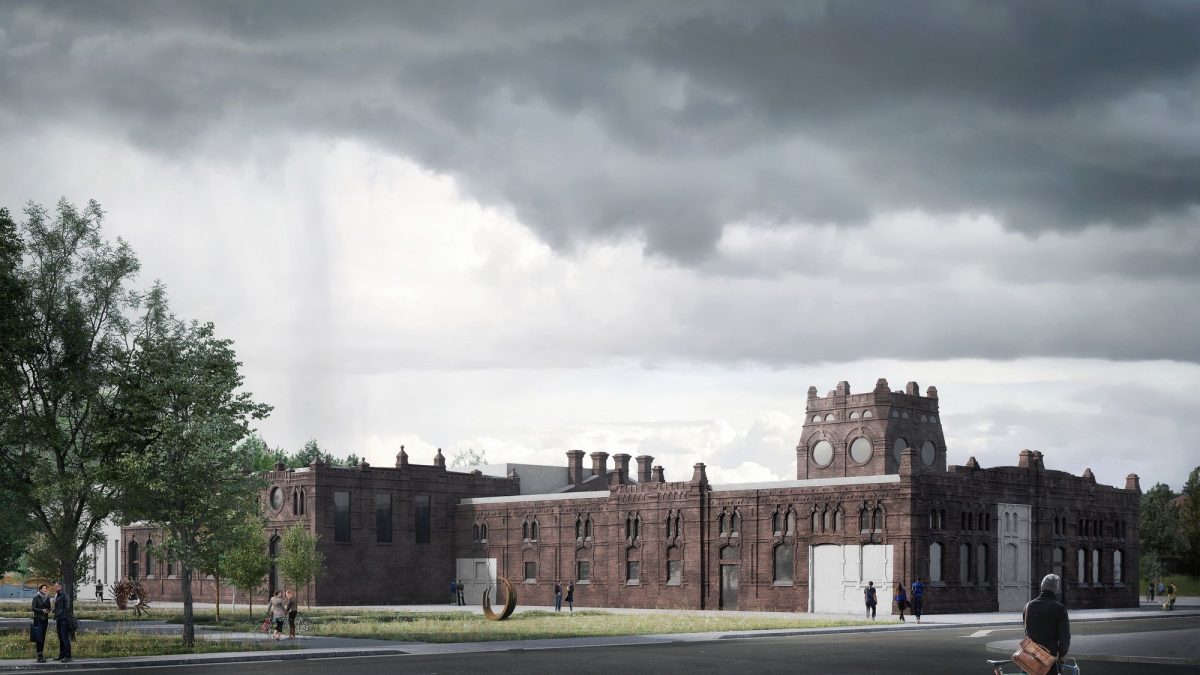
Source: Designboom
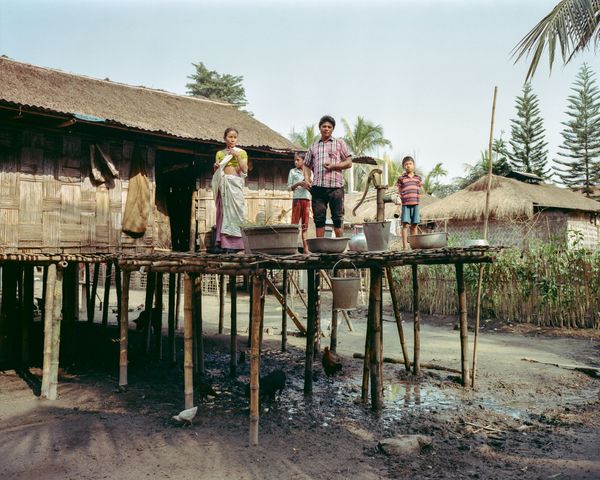
A story waiting to be told—Majuli

The customer’s journey: serpentine or highway? | Frontira x HYPE
